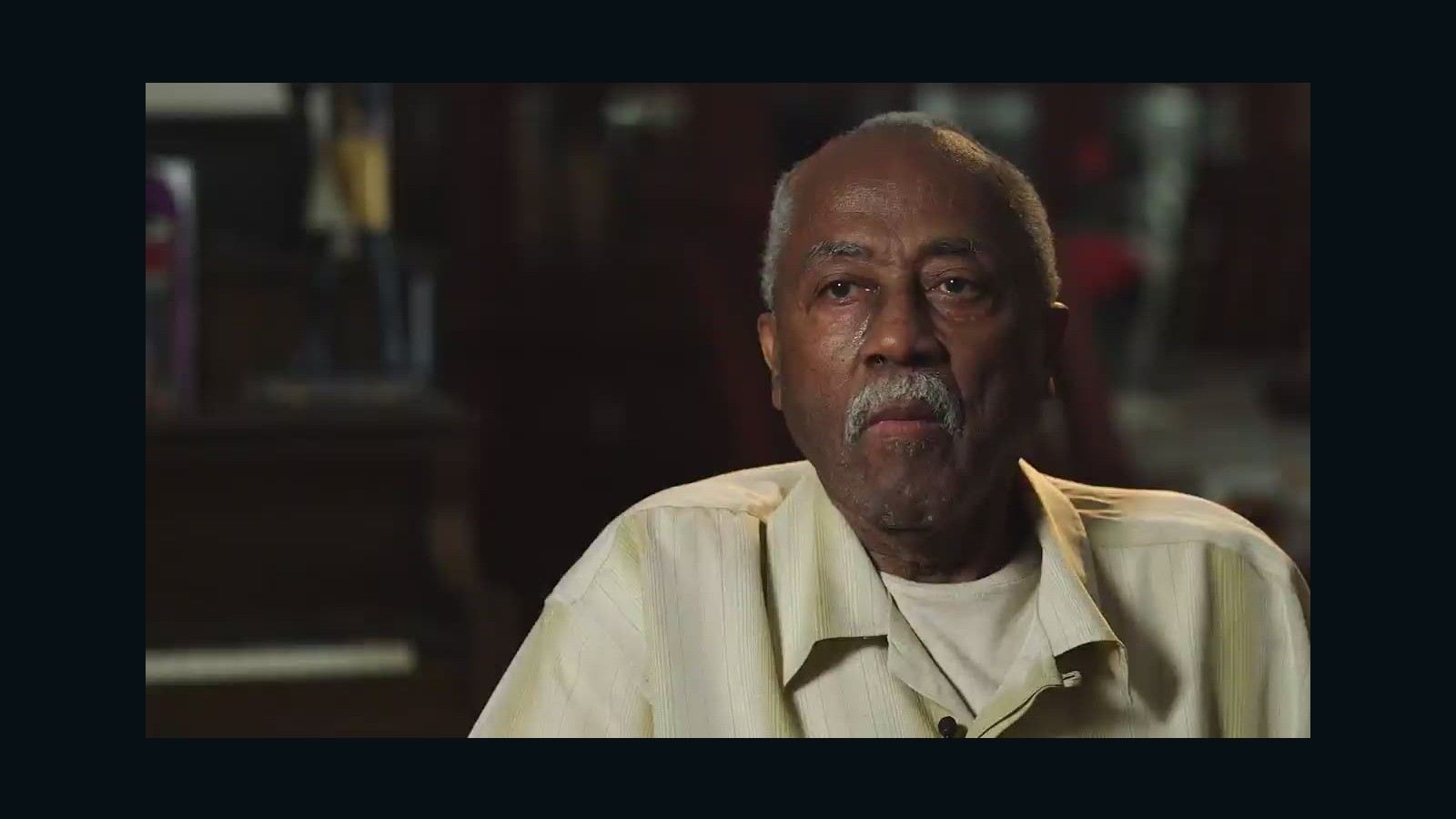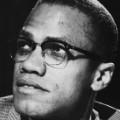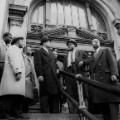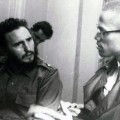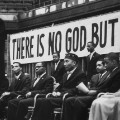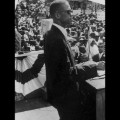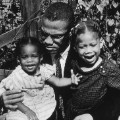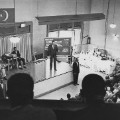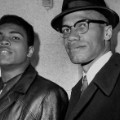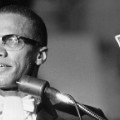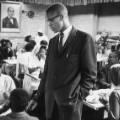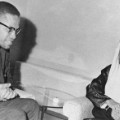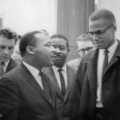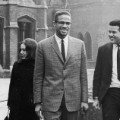national 28.2.2017 04:12 pm
ANC ‘totally’ rejects Malema’s 6% offer for land expropriation
EFF leader Julius Malema is pictured addressing a press briefing at the party’s head office in Braamfontein, Johannesburg 14 February 2017. Picture: Refilwe Modise
The ANC says they can’t be told what to do by the EFF.
Leader of the Economic Freedom Fighters (EFF) Julius Malema on Tuesday again called for the amendment of the constitution to allow the expropriation of land without compensation, which the ANC immediately rejected as being unconstitutional.
The EFF leader called on black people to unite in ensuring that the constitution was amended because they remained a “conquered nation”. This, he said, was because “Dutch gangsters” came to Africa and took the land from black people by force.
Malema, who was representing the EFF in parliament, offered his party’s 6% of the national vote to the ANC, saying that black people needed to unite in ensuring the constitution was amended.
“We all know that the Dutch gangsters arrived here and took our land by force. And the struggle has since been about the return of the land to the hands of rightful owners.
“Yet those who went to negotiate for our people during the [Codesa] negotiations sold out this fundamental principle, which constituted the struggle against colonialism.
“So those who claim to be radical enough, and who want radical change today, should actually be in the forefront of agreeing that this constitution must be changed to make it possible for our people to own the land.
“It can’t be correct that less than 10% of the population owns more than 75% of the land. And those people who own the land happen to be in an acceptable language … private people like individuals, trusts and companies. But when you search deep as to who are these people, these are white people who are still owning our land.
“We remain a conquered nation even when we claim to have democracy. We remain a conquered nation because white monopoly capital still owns the means of production, and at the centre of that is the land question.
“Balck people … all of us … we need to unite and amend the constitution so that we can expropriate land without compensation. There’s no white person who will understand that clarion call because they don’t know the pain of being landless.
“Today the ANC should come with the EFF. There’s 6% available … we give it to you with the condition to amend the constitution and take the land.
“If you don’t agree with us today, it means you don’t agree with your outgoing president [Jacob Zuma] on the issue of land expropriation without compensation.”
However, ANC member of parliament Phumuzile Ngwenya-Mabila immediately said in her speech that the ruling party understood the history of “land dispossession”. However, they would not allow the EFF to to tell the ANC how to address it.
She contended that the idea of land expropriation without compensation remained unconstitutional, and also disagreed with the proposition by the EFF to amend section 25 of the constitution.
“We know the history of land dispossession. We also know we are going to address that. We are not going to be told what to do. We are not in alliance with anyone else. We are a ruling government.
“We agree as the ANC that the land reform process is slow. That is why various programes have been initiated to address the land question. But we disagree with the motion tabled by honourable [Floyd] Shivambu. We totally reject it! That we amend section 25, subsection 1 … in fact it’s subsection 2 of the constitution.
“Expropriation of land should be done for public purpose and public interest … not for the EFF’s purpose and EFF interest.
“Secondly, expropriation without compensation is unconstitutional. We need to uphold the constitution as citizens of this country, moreover, as members of this house.
“Expropriation must be subjected to just and equitable compensation as indicated in section 25 subsection 2 (b) of the constitution. The amount of which and the time and manner of payment of which have been agreed to by those affected or decided or approved by the court.
As it stands, section 25 subsection 2 and 3 of the constitution says that:
Property may be expropriated only in terms of law of general application—
(a) for a public purpose or in the public interest; and
(b) subject to compensation, the amount of which and the time and manner of payment of which have either been agreed to by those affected or decided or approved by a court.
(3) The amount of the compensation and the time and manner of payment must be just and equitable, reflecting an equitable balance between the public interest and the interests of those affected, having regard to all relevant circumstances, including—
(a) the current use of the property;
(b) the history of the acquisition and use of the property;
(c) the market value of the property;
(d) the extent of direct state investment and subsidy in the acquisition and beneficial capital improvement of the property; and
(e) the purpose of the expropriation.
She said that the Expropriation Bill would take care of the issue of expropriated land being sold for too much , as the amount paid would be determined by the Valuer-General. But compensation was essential to remain in line with the constitution.

